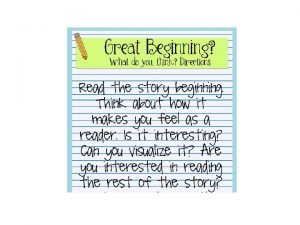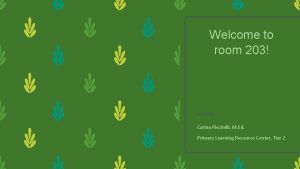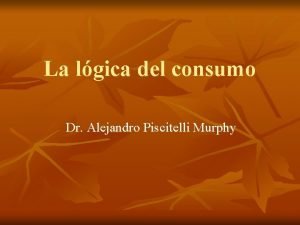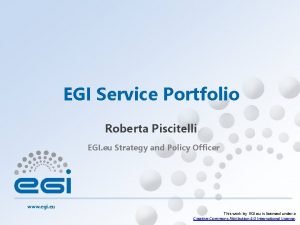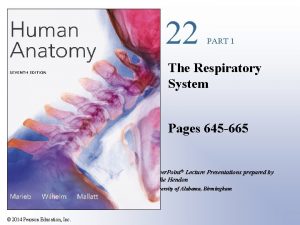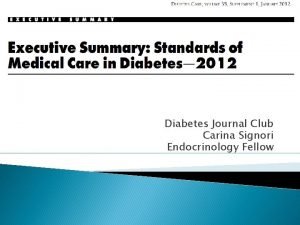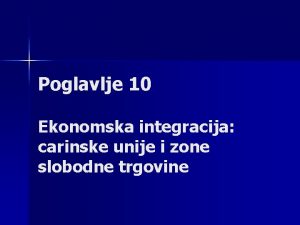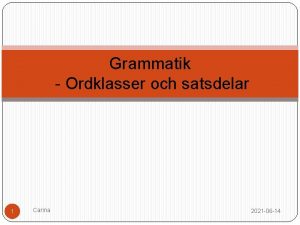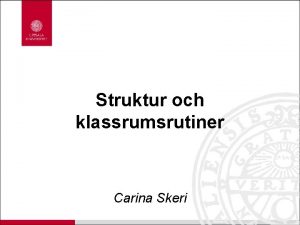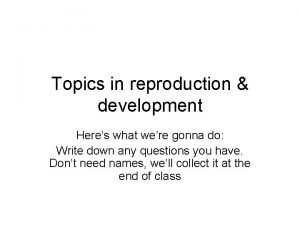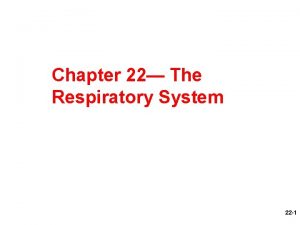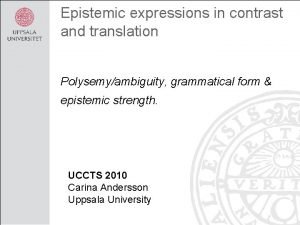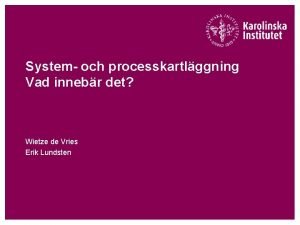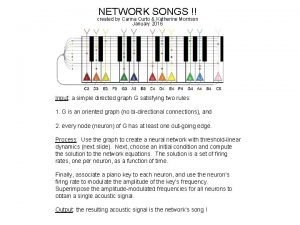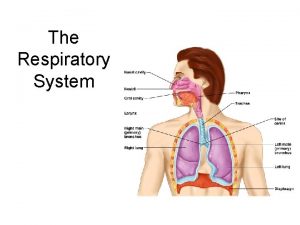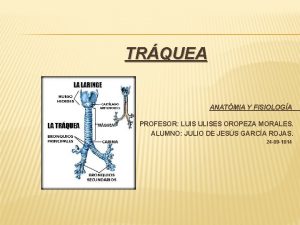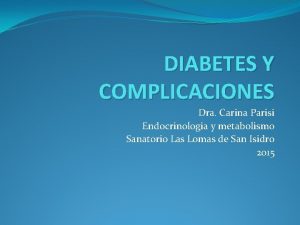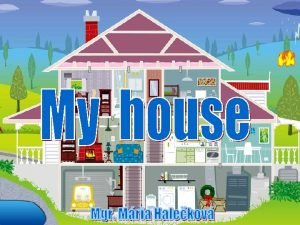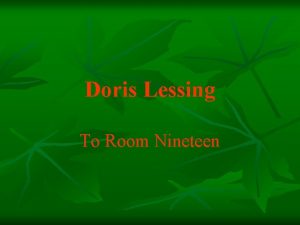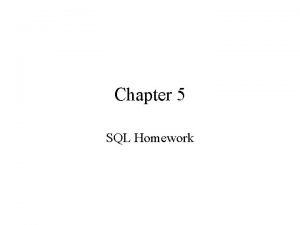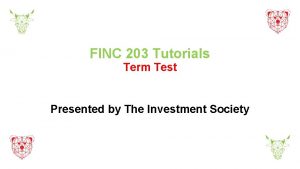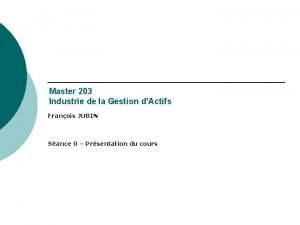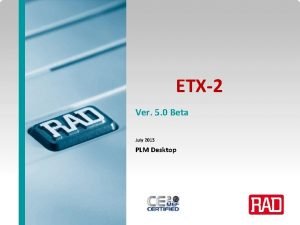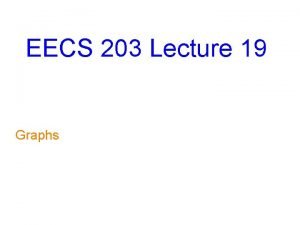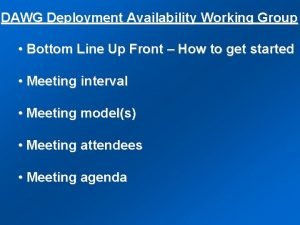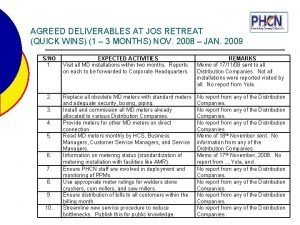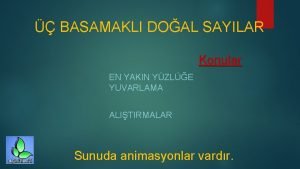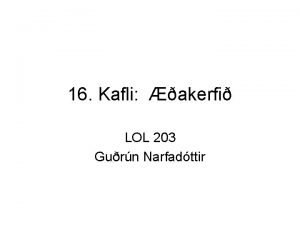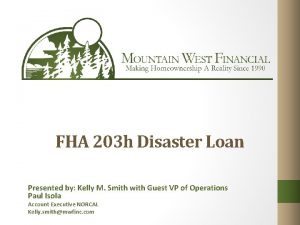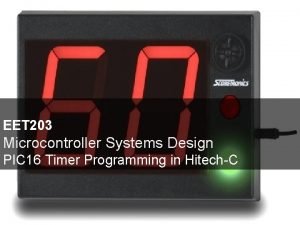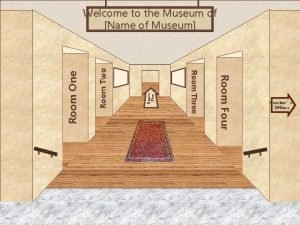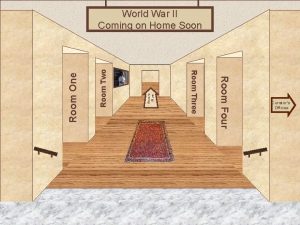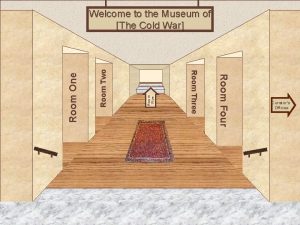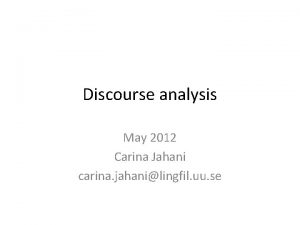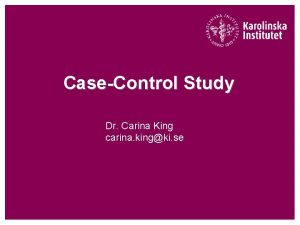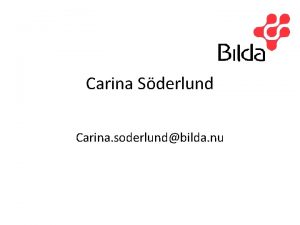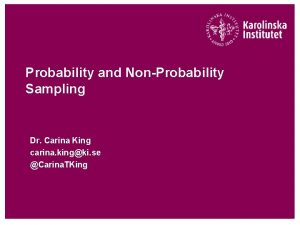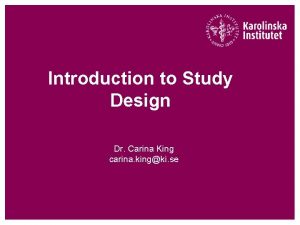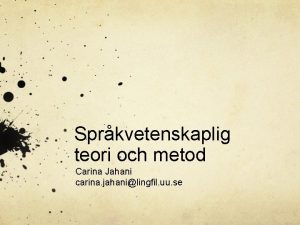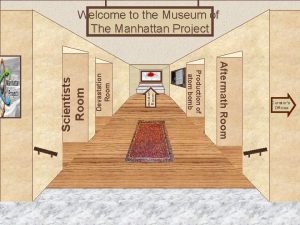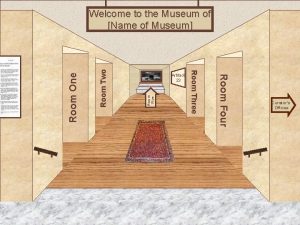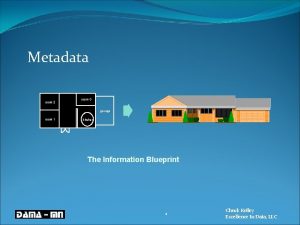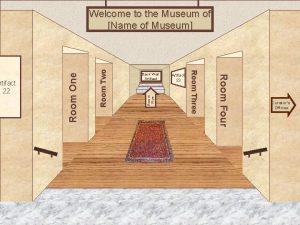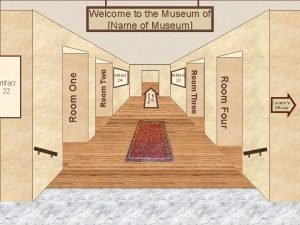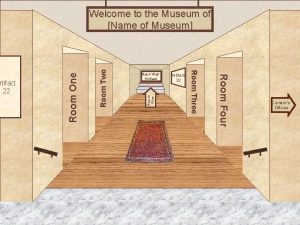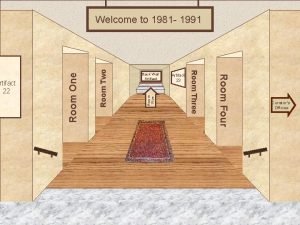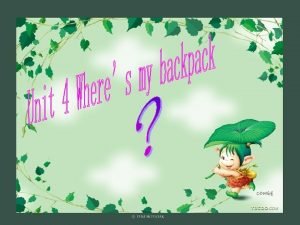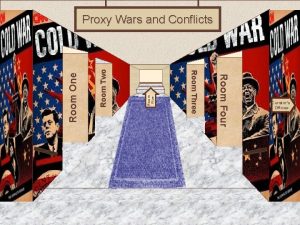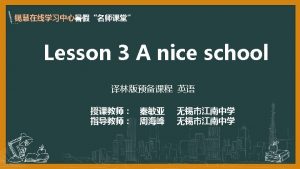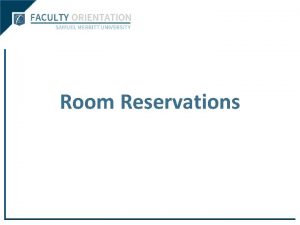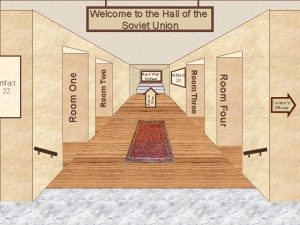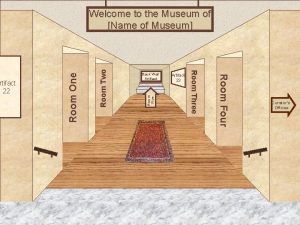Welcome to room 203 Carina Piscitelli M Ed







































- Slides: 39

Welcome to room 203! Carina Piscitelli, M. Ed. Primary Learning Resource Center, Tier 2


About Me: EDUCATION & CERTIFICATIONS: M. Ed. in Special Education, emphasis applied behavioral analysis , University of Washington 2015 B. S. in Human Development and Family Relations; Special Education University of Idaho, 2013 Washington State certification for Special Education Teaching, highly qualified B-12 Early Start Denver Model for Autism (ESDM) Classroom Assessment Scoring System (CLASS) CPR, first aid, and first responder National Institute of Health, Protecting Human Research Participants ACTIVITIES AND HONORS: Washington Association for the Education of Young Children (WAYEC) Conference Planning Committee (2015, 2016) Peer reviewer: Journal of Early Intervention (JOI) Infant and Early Childhood Conference- Promoting Positive Behaviors During Mealtimes (2014); Mobile Technology in Early Childhood Classrooms (2015); Smartphones and Tablets and Apps- Oh My! Navigating Mobile Technology in Early Childhood (full day pre-conference session 2016) Starting Strong P-3 conference- Promoting Positive Behaviors During Mealtimes (2015) Alice Hayden Emerging Leader Award (2014 -2015) Mac. Pherson Scholar Award (Fall 2013, Winter 2014, Spring 2014) ESTCAFCC W/S Scholar Award (Summer, 2013, Fall 2013, Winter 2014, Spring 2014) Who’s Who Among Students in American Universities and Colleges Philanthropic Education Organization STAR Award (2011)

The Washington Kindergarten Inventory of Developing Skills (Wa. KIDS) is a transition process that helps to ensure a successful start to the K-12 experience and connect the key adults in a child’s life. Three Components: Family connection welcomes families into the Washington K-12 system as partners in their child’s education. Whole-child assessment helps kindergarten teachers learn about the skills and strengths of the children in their classrooms so they can meet the needs of each child. Early learning collaboration aligns practices of early learning professionals and kindergarten teachers to support smooth transitions for children.

Wa. KIDS “Whole Child” Assessment” Ø Social-emotional Ø Physical Ø Cognitive Ø Language Ø Literacy Ø Mathematics

General Daily Schedule • • • • Sign in General education class Morning meeting Specialist Work centers Recess/lunch Classroom jobs/schedule check/washroom/social skills story Adaptive Rotations (indoors or outdoors) Recess Work centers Snack/social skills story Gen ed class targeted IEP goal time (rotating students) Departure

Structured Independence: scheduling • Think BIG with independence, but start small! • Organization • Self-regulation • Responsibility • Lowered anxiety • Executive functioning • Attending to pics and words in environment

Structured Teaching Reducing confusion in the environment to promote independence – Physical structures – Schedule systems – Work systems – Visual organization

Physical Structures Environment and centers are modified Modified across day and school settings

Schedules Students should refer to schedules, not staff to move throughout their day and work tasks! Ø We all use schedules to complete our tasks: – Lists, directions, email tasks, calendars, cell phone schedules, etc.

Bringing it Together Physical structures Schedule

Work Systems Individualized Used across classroom day

Task Boxes: clear beginning and end

Work Systems – Answers: – What do I do – How much work – When am I done? – Where do I put it when done? – What to do next?

Individualize! Concrete learner Abstract Learner

Work Centers: Zones • Writing Center • Independent Work • Teacher Time • Choice Time (reinforcer)

Alternative Curricula: STAR Strategies for Teaching based on Autism Research The ABA instructional methods of discrete trial training, pivotal response training and teaching functional routines form the instructional base of this comprehensive program for children with autism. The STAR Program includes detailed lesson plans, teaching materials, data systems and a curriculum-based assessment for teaching in the six curricular areas of receptive language, expressive language, spontaneous language, functional routines, academics, and play & social skills.

Balanced Literacy

Reading Curricula – Read Well – Universal Learning Systems – Reading A-Z/Raz Kids

Adopted Literacy Materials Making Meaning – general education Universal Learning Systems Benchmark Bookroom Materials - guided reading sets Handwriting Without Tears

Reading Center and Guided Reading • Work system structure: • 1: Read leveled book with guidance • 2: Comprehension Questions • 3: Word Work

Writing Center ßGeneral education structure: WE ADAPT! 1 or 2 -on-1 Focused lessons Student interest led Variety of ways to interact with materials

Writing Center Work systems structure: 1: Word Work 2: Letter/word of the day 3: Notebook

Eureka Math – A Story of Units General education Real life, applicable math- provides context Sometimes called ‘new math’ A comprehensive curriculum written by a team of teachers and mathematicians who took great care to present mathematics in a logical progression, preparing students to understand advanced math • Connects math to the real world in ways that take the fear out of math and build student confidence • This approach can be unfamiliar to those of us who grew up memorizing mathematical facts and formulas • •

Eureka Math for Parents! • Understand that students are learning math in a way that will help them understand how and when to use math skills in the real world as they grow older • Recognize that Eureka Math lessons are customized by teachers to meet the varying needs of students

Equals Math Curriculum • Adaptive curriculum • For us, used with Eureka • Mirrors gen ed math concept sequence (concrete, semi-concrete, abstract thinking) • Connects manipulatives, concepts, real-world interaction, and multisensory experiences Enables all students to actively learn math and demonstrate significant, measurable progress.

Handwriting without Tears Ø Pencil Grip Ø Names – First & Last Ø Uppercase & Lowercase Letters Ø Numbers Ø Quick demonstration and quick practice

Positive Behavior Social Emotional Skills (PBSES) • Nutrition • Healthy Habits • Caring For Our Bodies • Stress/ anxiety • Social Skills

Social Emotional Learning Curriculum Unit 1: Skills for Learning • Listening • Focusing attention • Using self-talk • Being assertive Unit 2: Empathy • Identifying one's own and others' feelings • Taking others' perspectives • Showing care and concern for others Unit 3: Emotion Management • Understanding strong feelings • Identifying and managing strong feelings • Calming down strong feelings Unit 4: Friendship Skills and Problem Solving • Making and keeping friends • Calming down and using Problem-Solving Steps

Adaptive skills: Essential to community and academic participation- we are always working on it! ØSafety ØBody awareness (privacy and body safety) ØVocational ØLeisure/recreational ØSelf-care (hygiene) ØDaily living: chores, schedule use, dressing, meals

Adaptive skills ØNew curricula adopted by Adaptive Skills Committee ØAssessment of Functional Living Skills: The Assessment of Functional Living Skills (AFLS) is a criterion-referenced skills assessment tool, tracking system, and curriculum guide. AFLS is used for teaching children, adolescents, and adults with developmental disabilities the essential skills they need in order to achieve the most independent outcomes.

Adaptive skills ØNew curricula adopted by Adaptive Skills Committee Ø “The Assessment of Functional Living Skills (AFLS) is a criterionreferenced skills assessment tool, tracking system, and curriculum guide. The AFLS is used for teaching children, adolescents, and adults with developmental disabilities the essential skills they need in order to achieve the most independent outcomes. The AFLS is the most versatile assessment system available and offers learners a pathway to independence. It is comprised of a Guide and 6 individual scoring protocols to cover Basic Skills, Home Skills, Community Participation Skills, School Skills, Vocational Skills and Independent Living Skills. ”

How we Communicate: v Take Home Folder: These go home every day. Please check them & empty them every night. Anything for me goes in here. Transportation changes must be in writing (email or note) v Email: piscitellic@Issaquah. wednet. edu v Communication notebooks v Website: Apollo Elementary Staff Websites Carina Mc. Gee v Seesaw- coming soon! If you ever want to chat with me about your child, I am happy to set up a time to meet or talk.

Homework Literacy: v. Daily Reading v. Writing practice Adaptive: v. Details on website- functional skills and play v. Allow for and prompt independence during daily routines


Reinforcement *Provide reinforcement immediately after ____ engages in the desired behavior. If you wait the reinforcement loses it effect. * NO FREEBIES! Reinforcement should not be given away for free. In order to increase performance of a specific skill you should give the reinforcement only after the desired behavior occurs. That means that ____ must perform the desired behavior in order to receive the reinforcement * Reduce challenging AND increase appropriate (MUST DO BOTH) Remove reinforcement for challenging behavior while you increase it for appropriate behaviors *Be consistent! When teaching a new behavior, you should give reinforcement each time the behavior occurs.


Let’s Be a Team! Our Role in Purposeful Play ● Observe ● Listen ● Ask questions ● Show what to do when help is needed ● Support first attempts ● Participate in activities ● Talk with your child. Let them respond in a variety of ways ● Help your students make discoveries and connections ● Share your knowledge and expertise

 Ba-room ba-room ba-room baripity
Ba-room ba-room ba-room baripity Dorm room 203
Dorm room 203 Alejandro piscitelli murphy
Alejandro piscitelli murphy Roberta piscitelli
Roberta piscitelli Giacomo piscitelli
Giacomo piscitelli Main primary bronchus
Main primary bronchus External nose
External nose Carina sõsojev
Carina sõsojev Mo3million
Mo3million Carina signori
Carina signori Carina za koli
Carina za koli Carina jahani
Carina jahani Auktoritativ lärare
Auktoritativ lärare Carina bleeth
Carina bleeth Carina of trachea
Carina of trachea Antagligen
Antagligen Carina tracheae
Carina tracheae Carina arlt
Carina arlt El pulmón con sus partes
El pulmón con sus partes Carina georg
Carina georg Carina curto
Carina curto True vocal cord
True vocal cord Espolon traqueal o carina
Espolon traqueal o carina Carina parisi
Carina parisi Bedrooms downstairs living upstairs
Bedrooms downstairs living upstairs To room 19
To room 19 Hotel database sql queries
Hotel database sql queries Wise men three clever are we
Wise men three clever are we Finc203
Finc203 Master 203
Master 203 Rad etx-220a
Rad etx-220a Eecs 203
Eecs 203 Afi 10-203
Afi 10-203 Lg bp 203
Lg bp 203 Agreed deliverables
Agreed deliverables 775 en yakın onluğa yuvarlama
775 en yakın onluğa yuvarlama Lol 203
Lol 203 Embeded systems design
Embeded systems design Fha 203 h loan
Fha 203 h loan Eet 203
Eet 203
